He felt he was allowed to be "political".
Eric Lavie (Photo: Government Press Office, Yaakov Sa'ar)
A year ago, on Memorial Day, Rivka Michaeli came under heavy fire from Yoav Eliasi (known as "The Shadow"), for her participation in the alternative memorial ceremony for Israelis and Palestinians.
Aliasi came out in an angry post in which he called her a traitor.
Eliasi's supporters on the Internet were quick to respond and called her a "slanderer of Israel" and wrote that "her old age puts her youth to shame."
But perhaps precisely because of her advanced years, Rivka Michaeli neither apologized nor was frightened by the criticism, because she remembers days when protesting against a government, war or policy was accepted as an integral part of the country in which she lives - a democratic country with a community of artists with diverse opinions who are allowed to create freely.
But Michaeli is one of the few artists these days who dare to express their opinion.
In recent years, with the exception of voices like Assaf Amdorski or Ahinoam Nini, the voice of a leading artist from the protest stages in Israel has hardly been heard taking a stand.
In fact - judging by the majority of artists in Israel, Israel has long since ceased to be a democracy.
For several weeks, Israel has been facing one of the most devastating changes in its history - one that will harm the essence of its democratic regime and, as a result, the artists' freedom to create.
Committees of judges "on behalf of" will soon also lead to content committees "on behalf of", from which the road to "loyalty in culture" laws is very slippery.
And despite this, precisely in this difficult period of social and political rupture, there is almost no first-class artist in Israel who stands up and says something clear about the critical points of contention in Israeli society.
Not everyone is as brave as her.
Rivka Michaeli (Photo: Avi Cohen)
This self-guzzling is not new - it was preceded by repeated attacks on the culture industry by the government, and especially against artists who dared to voice positions that do not correspond with the political tone in the last decade.
The few who mustered courage in the past and expressed an opinion paid for it in real damage to their image and their livelihood - and what to do, not everyone has the balls of Rivka Michaeli.
Unfortunately, this degeneration has intensified, and has reached such a point that even at a time when hundreds of thousands are already going out to voice their cry in the streets - the silence of the artists thunders like the silence of the sheep.
We remember and cherish the right to express a political opinion as an artist to our father.
Eric Lavi belonged to the Israeli consensus at times throughout the years of his life and work, but even then when he objected to something - he went out to demonstrate and even sang from protest platforms in Israel.
When he did not believe in the First Lebanon War, he raised his voice, and even though he created in the years when the words "peace" and "left" were not yet curses, he sometimes paid for his opinions at the price of loss of livelihood.
He did this consciously because he believed in his democratic right to use his voice to express his opinion.
Or in other words, he felt he was allowed to be "political".
More in Walla!
It takes a lot of courage for what Shlomi Shaban did yesterday in his concert.
Certainly in the current situation
To the full article
The obsessive fear of being "political" in recent years is felt in every sector in Israel.
The same fear of expressing an opinion on the manner in which fateful decisions are made in the country also shuts the mouths of most people in the culture and art industry with masking tape.
But what is freedom of expression worth if it is subject to severe self-censorship?
What art and culture will grow in a country where art aligns?
Certainly not a democratic culture.
In countries where democracy is strong, artists stand and sing in the squares, are not afraid to express their opinion online or on protest platforms, and above all do not give up freedom of expression for fear of losing their place around the tribal fire.
Dr. Noa Lavi is the head of the communication and media track at the Tel Aviv-Yafo Academy. Yael Lavi is a journalist and lecturer in communication at Reichman University
.
culture
on the agenda
Tags
Arik Lavie
Rebecca Michaeli

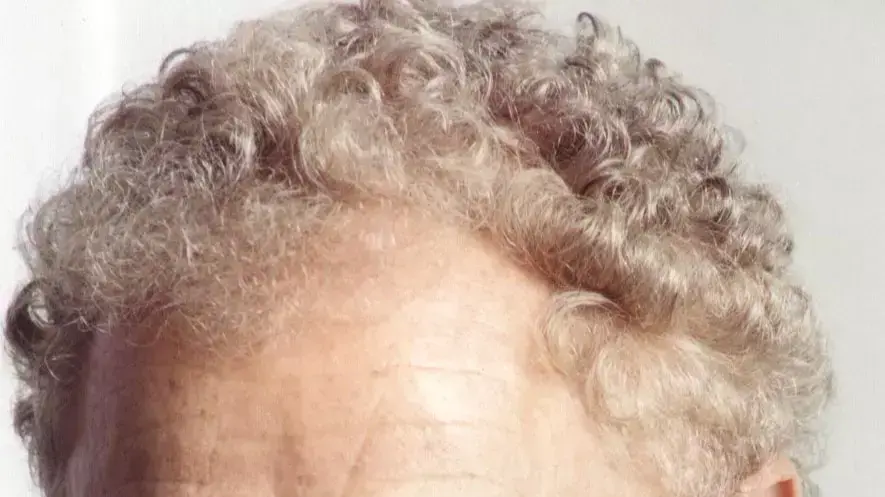
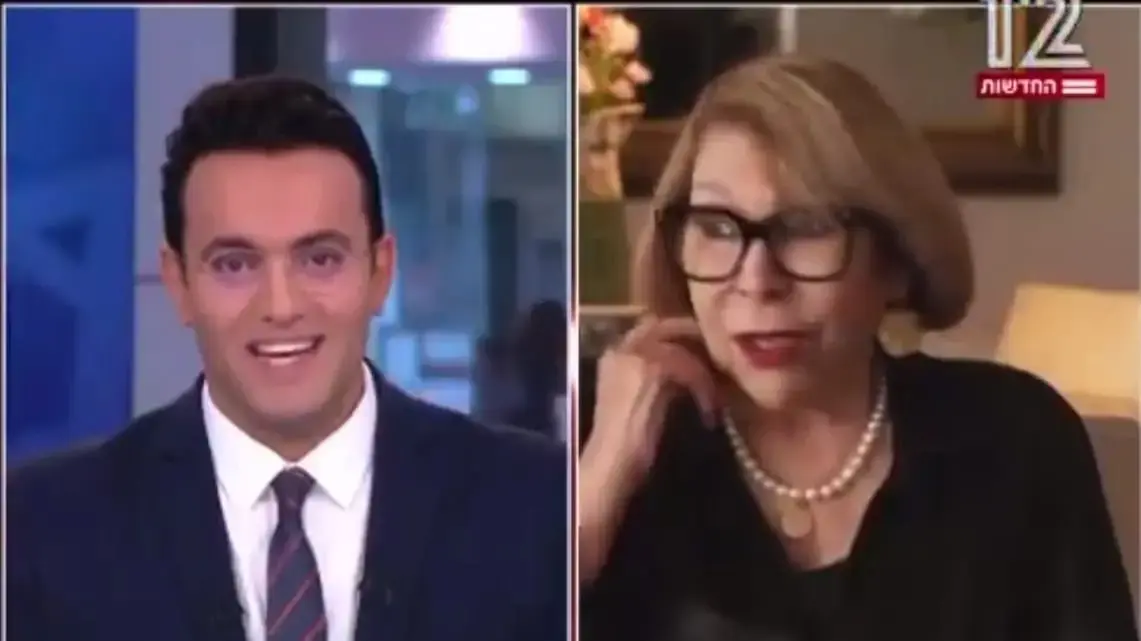
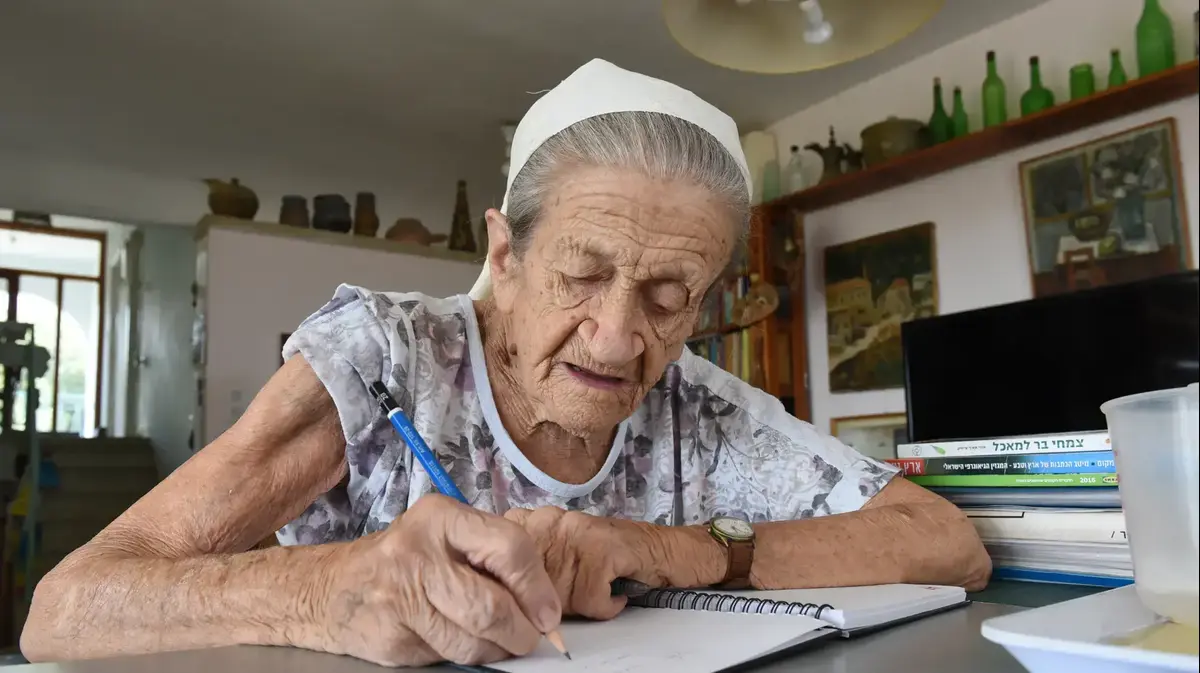
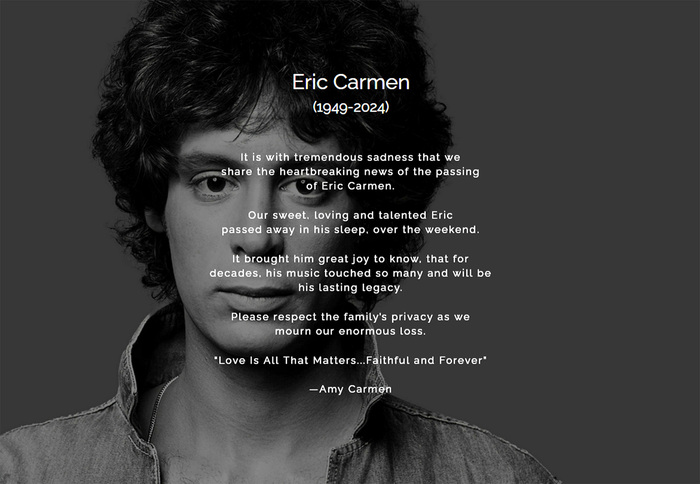

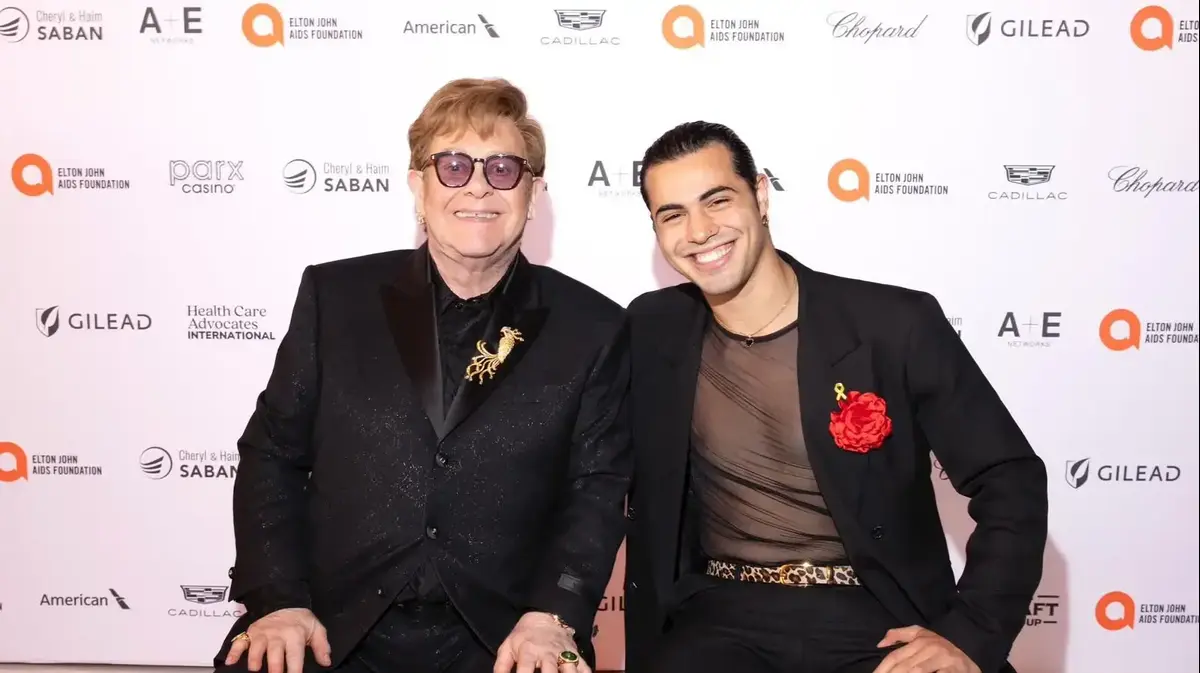

/cloudfront-eu-central-1.images.arcpublishing.com/prisa/PAQIS6D7CZEUHHCO4FXIMU3CY4.jpg)